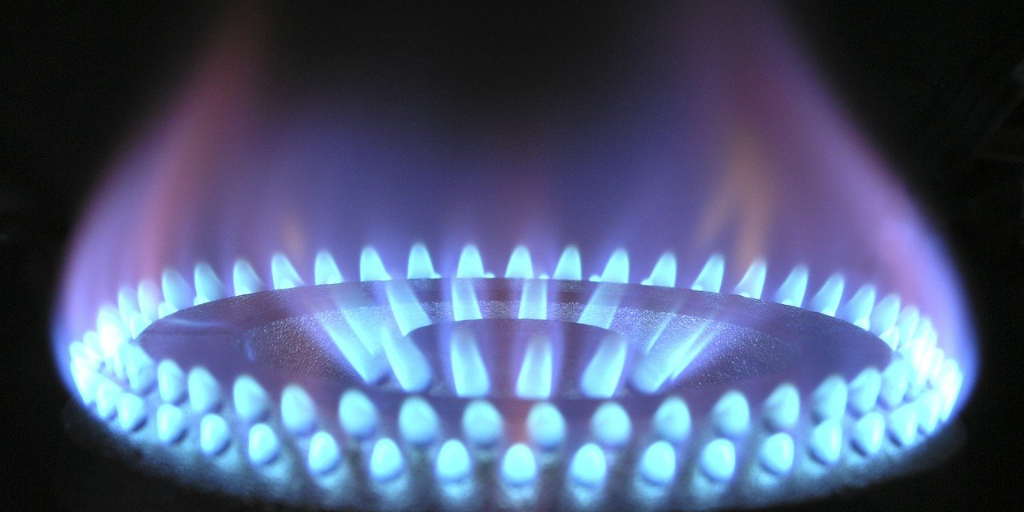Cost of living focus summary
Posted by JSCFinancial on Friday 9th of September 2022.
Energy costs statement 8 September 2022
After a prolonged period of speculation, the new Prime Minister Liz Truss has announced preliminary details of how the government plans to deal with the energy price crisis.
In late May this year, the then Chancellor, Rishi Sunak, announced a range of measures to reduce the impact of the anticipated October 2022 Ofgem utility price cap increase. Mr Sunak’s announcement followed an earlier assistance package revealed in February, ahead of the April 2022 Ofgem price cap increase from £1,277 to £1,971.
Sunak’s measures, which included a flat £400 off all consumers’ bills, were made at a time when the price cap was projected to rise to £2,800 a year for the October 2022 – March 2023 period. Since then:
- Ofgem has reduced the energy price cap review period from six months to three in an effort to bring more stability to energy markets.
- The regulator has set a price cap for October – December 2022 of £3,549, an 80% rise on the current level.
- Projections for the next cap reviews suggested the annual bill could exceed £6,500 by April 2023.
The problems created for the government by soaring gas prices are exacerbated by the fact that many businesses renew their fixed term energy contracts (typically for one or two years) in October.
The commercial sector does not benefit from any price cap and stories have emerged of small businesses seeing their utility costs jumping as much as tenfold or even being refused new contracts. Outside the commercial sector, there have been similar issues for schools and hospitals.
The Government plan
In today’s announcement during a House of Commons General Debate on UK Energy Costs, the new Prime Minister announced that:
- The government is introducing an Energy Price Guarantee (EPG) set at an annual £2,500 for the next two years from 1 October 2022. This will apply on the same basis as the existing Ofgem cap, i.e. a regional based limit on standing and unit charges in England, Wales and Scotland, not on total bills.
- The £400 flat rate payment, spread over six months, announced in May will remain in place. This reduces October – December 2022 bills by £66 a month and January – March 2023 bills by £67 a month. Arguably this means the effective cap is £1,700 through to March and £2,500 thereafter.
- Other assistance announced in May, such as the £300 additional payment for pensioners, remains in place.
- Green levies are temporarily suspended, an adjustment included in the EPG.
- Households using heating oil and LPG will receive discretionary payments.
- The same level of support will be given to households in Northern Ireland.
- The government ‘will also support all business, charities and public sector organisations with their energy costs this winter, offering an equivalent guarantee for six months’. After that period further support will be provided to vulnerable sectors, such as the hospitality sector.
Details of the funding for these measures will be announced by the Chancellor in his fiscal statement ‘later this month’, currently expected in the week of 19 September.
For more on the government’s announcements, see: https://www.gov.uk/government/news/government-announces-energy-price-guarantee-for-families-and-businesses-while-urgently-taking-action-to-reform-broken-energy-market
Further information on different forms of assistance for households can be found at: https://helpforhouseholds.camp...

Please note: by clicking this link you will be moving to a new website. We give no endorsement and accept no responsibility for the accuracy or content of any sites linked to from this site.